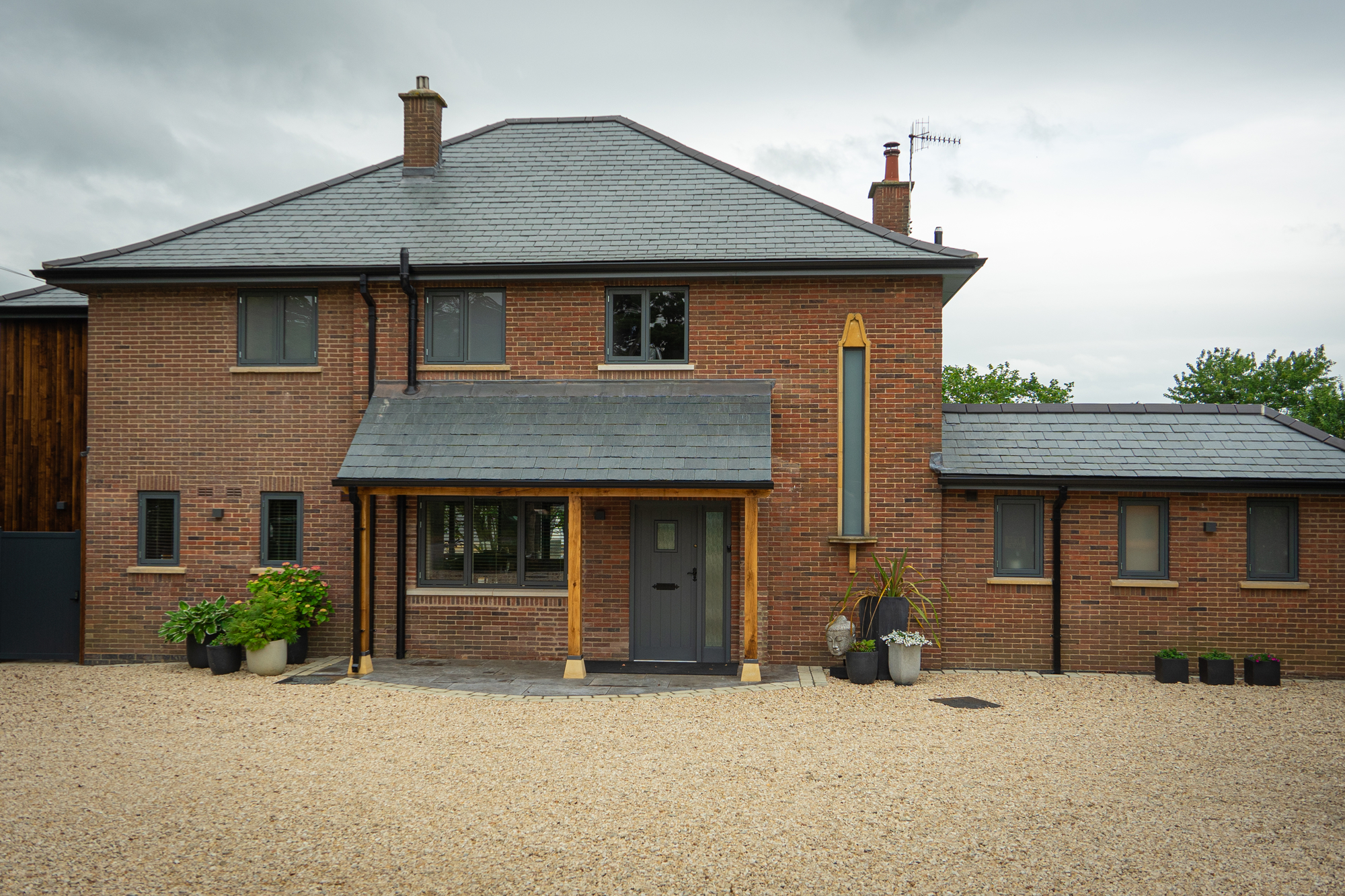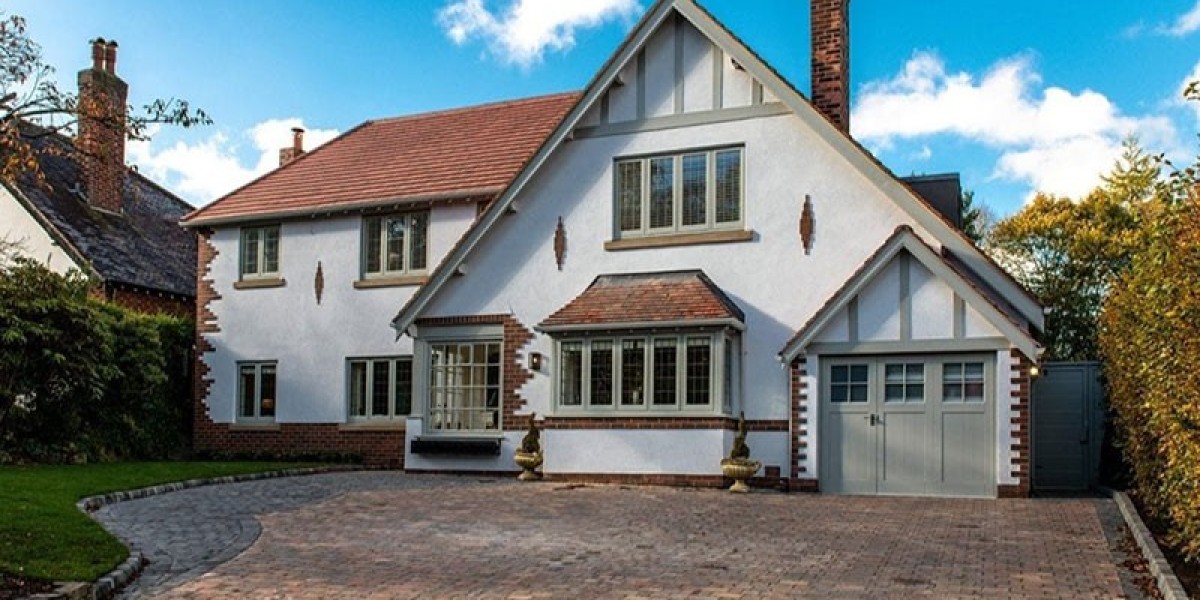Introduction
Aluminium windows have gained significant popularity in the construction and renovation sectors due to their unique properties and aesthetic appeal. As a lightweight, durable, and versatile material, aluminium offers a range of advantages that make it an ideal choice for both residential and commercial applications. This article delves into the characteristics, benefits, applications, and future trends of aluminium windows, providing a comprehensive understanding of their role in modern architecture.
Properties of Aluminium
Aluminium is a non-ferrous metal known for its excellent strength-to-weight ratio, corrosion resistance, and malleability. These properties make it an attractive option for window frames. The material can be extruded into various shapes, allowing for innovative designs and greater flexibility in construction. Furthermore, aluminium is 100% recyclable, making it an environmentally friendly choice that aligns with sustainable building practices.
Advantages of Aluminium Windows
- Durability and Longevity: One of the primary advantages of aluminium windows is their durability. Unlike wood, which can warp, rot, or require regular maintenance, aluminium windows are resistant to the elements. They do not rust, and when properly coated, they can withstand harsh weather conditions, ensuring a long lifespan.
- Low Maintenance: Aluminium windows require minimal maintenance compared to other materials. A simple periodic cleaning is often sufficient to keep them looking new. Unlike wooden frames that may need repainting or staining, aluminium can be finished with durable powder coatings that resist fading and chipping.
- Energy Efficiency: Modern aluminium windows are designed with thermal breaks, which significantly enhance their energy efficiency. These thermal breaks reduce heat transfer, keeping homes warmer in winter and cooler in summer. When combined with double or triple glazing, aluminium windows can achieve high energy ratings, contributing to lower energy bills and reduced carbon footprints.
- Aesthetic Versatility: Aluminium windows are available in a wide range of colors, finishes, and styles. This versatility allows architects and designers to create visually appealing structures that can fit various architectural styles, from contemporary to traditional. The slim profiles of aluminium frames also maximize natural light while providing unobstructed views.
- Security: Aluminium windows are inherently strong, making them a secure option for homes and commercial buildings. Many manufacturers offer enhanced security features, such as multi-point locking systems, which provide additional peace of mind for property owners.
Applications of Aluminium Windows
Aluminium windows are suitable for a variety of applications, including residential buildings, commercial properties, and public infrastructure.
- Residential Buildings: Homeowners appreciate the modern look and durability of aluminium windows. They are often used in new builds, renovations, and extensions, providing an elegant solution that complements contemporary design trends.
- Commercial Properties: Aluminium windows are widely used in commercial construction due to their strength and versatility. They are ideal for office buildings, retail spaces, and educational institutions, where aesthetic appeal and energy efficiency are crucial.
- Public Infrastructure: Aluminium windows are also used in public infrastructure projects, such as airports, hospitals, and government buildings. Their durability and low maintenance requirements make them suitable for high-traffic areas where performance is paramount.
Environmental Considerations
The environmental impact of building materials is a growing concern in the construction industry. Aluminium windows contribute positively to sustainability efforts in several ways:
- Recyclability: Aluminium is one of the most recycled materials globally. The recycling process consumes only about 5% of the energy required to produce new aluminium. This characteristic significantly reduces the carbon footprint associated with aluminium production.
- Energy Efficiency: As previously mentioned, the energy efficiency of aluminium windows can lead to reduced energy consumption in buildings. This not only benefits homeowners through lower energy bills but also contributes to reduced greenhouse gas emissions.
- Sustainable Manufacturing: Many aluminium window manufacturers are adopting sustainable practices in their production processes, including using renewable energy sources and reducing waste. This shift towards sustainability is essential in meeting the increasing demand for green building materials.
Future Trends in Aluminium Windows
The future of aluminium windows looks promising, with several trends shaping their development:
- Smart Technology Integration: The integration of smart technology into aluminium windows is on the rise. Features such as automated opening and closing, smart locking systems, and integrated sensors for energy efficiency are becoming more common. These innovations enhance convenience and security for users.
- Increased Customization: As consumer preferences shift towards personalized solutions, manufacturers are focusing on offering customizable aluminium windows. This trend allows homeowners and builders to select specific colors, finishes, and sizes to suit their unique design needs.
- Sustainability Innovations: The demand for sustainable building materials is driving innovation in the aluminium window industry. Manufacturers are exploring new ways to reduce the environmental impact of production, such as using recycled materials and developing eco-friendly coatings.
- Enhanced Thermal Performance: As energy efficiency becomes increasingly important, manufacturers are investing in research and development to improve the thermal performance of aluminium windows. This includes advancements in thermal break technology and the use of high-performance glazing options.
Conclusion
Aluminium windows represent a compelling choice for modern construction and renovation projects. Their durability, low maintenance, energy efficiency, aesthetic versatility, and security features make them a preferred option for architects, builders, and https://idealglass.uk.com homeowners alike. As the industry continues to evolve, the integration of smart technology and sustainable practices will further enhance the appeal of aluminium windows, ensuring their place in the future of architecture. By understanding the benefits and applications of aluminium windows, stakeholders can make informed decisions that contribute to the development of sustainable, aesthetically pleasing, and high-performance buildings.









